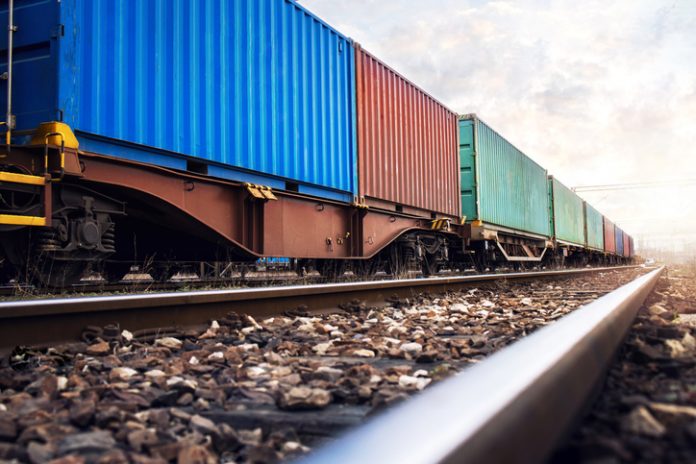Congress avoids rail strike that could have further damaged the economy, while rejecting bill forcing railroads to provide paid leave.
(The Center Square) – A railroad shutdown that could have done billions in damage to the economy according to experts was avoided by a Senate vote Thursday.
The Senate voted 80 to 15 to approve an agreement that gives rail workers a 24% raise over the next five years. A second bill that would have added seven days of paid sick leave was rejected.
Sen. Kevin Cramer, R-N.D., and Sen. Cynthia Lummis, R-Wyo., had urged their colleagues not to pass the second bill. They said in a letter that passing the alternative would set a precedent.
“Other unionized employees of regulated industries would likely make that same gamble in the future, rendering Congress the arbiter of these types of labor disputes instead of the National Mediation Board,” Cramer said. “It is in the best interest of all parties that the railroads, not Congress, work through issues such as paid leave directly with their employees.”
President Joe Biden is expected to sign the bill.
The rail strike would have further exacerbated supply chain problems already plaguing the economy and cost up to $2 billion a day, according to Cramer. Supply chain issues are improving, but consumer prices are still increasing, according to the Federal Reserve’s November Beige Book, which compiles economic data from the Fed’s 12 regional districts.
The nation’s economic issues can be attributed to “free money” thrown into the marketplace, Cramer said in an interview with The Center Square.
“It’s sort of building an airplane while we’re flying and not knowing or having experience the type of a lockdown shutdown uncertainty of a disease we don’t know very much about and Republicans and Democrats alike almost unanimously passed a lot of appropriations in trying to sort of keep the economy afloat while the economy was running down,” Cramer said. “The problem is while we were coming out of that, the Biden administration imposed a few trillion dollars more on the economy when the economy was coming out of the funk and people were going back to work. They spent a whole bunch more money, unnecessarily in my view, and predictably leading to inflation.”
Cramer said he supports the Federal Reserve’s recent actions to slow the demand for goods and services, but he wished the moves had not been done so dramatically. The Fed has raised interest rates by 0.75 percentage points this year. But work needs to be done on the other part of the formula that has led to the economic issues which are encouraging supply, Cramer said.
“What the Biden administration has done instead of encouraging supply is they’ve shrunk supply and discouraged supply by overregulation,” Cramer said.
Originally published by The Center Square. Republished with permission.
For more Budget & Tax News.











